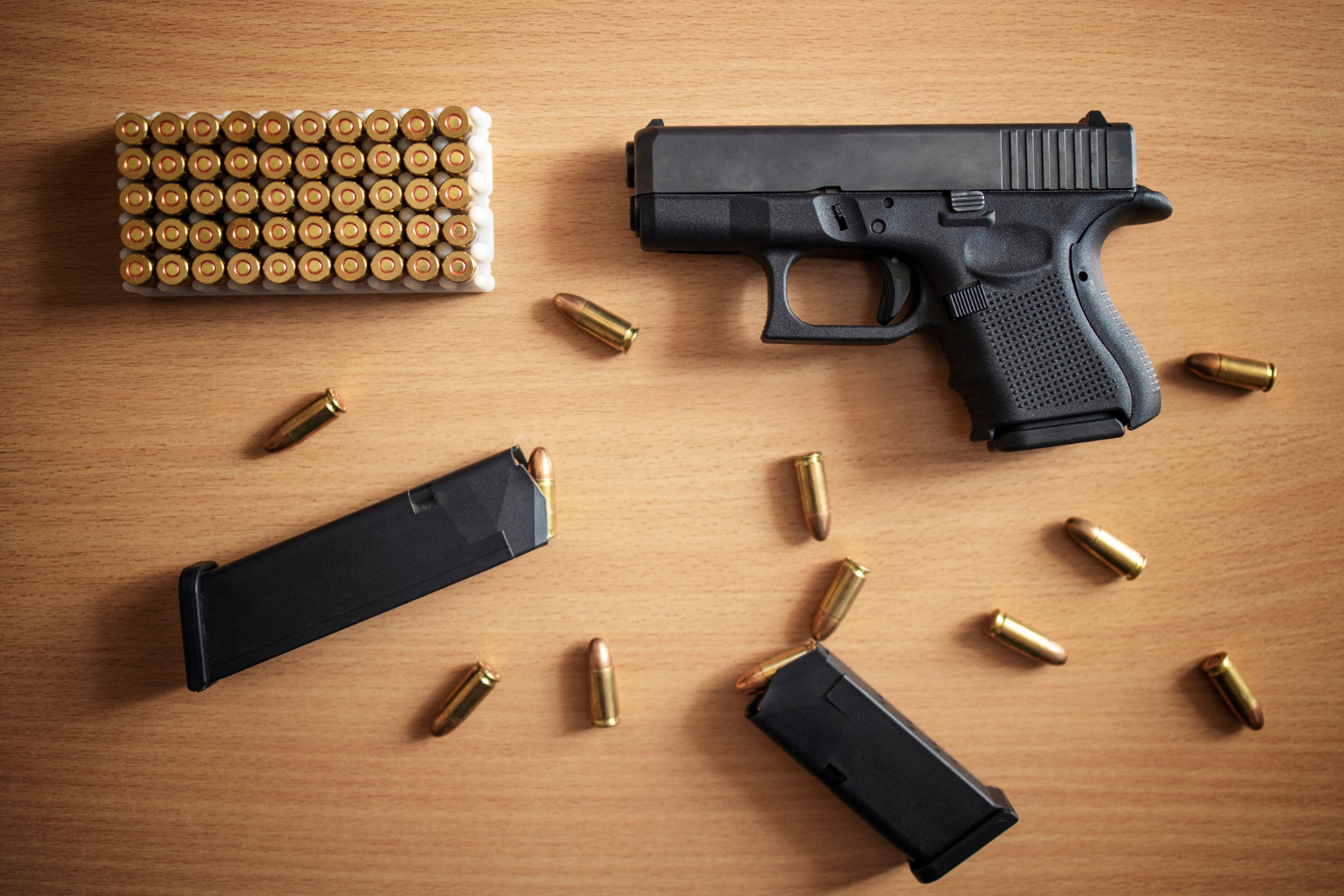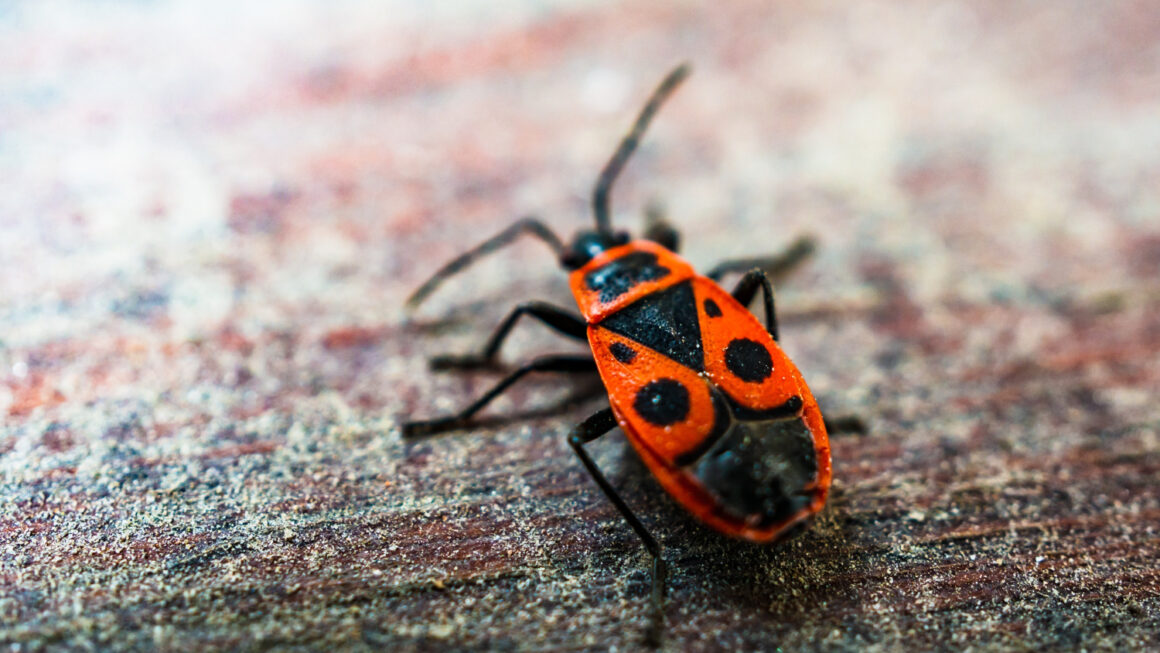Bullets are small projectiles that are typically fired from firearms. They are employed in a variety of activities, such as military operations, self-defense, and hunting. The efficiency of a bullet and the precision of the weapon used to fire it are both significantly influenced by its speed.
In this article, we will examine the velocity of a bullet and the variables that influence it.
What is bullet velocity?
The velocity of a bullet is how quickly it travels when it is fired from a gun. Footsteps per second (fps) or meters per second (MPS) are the usual units of measurement. The type of firearm used to shoot the bullet as well as the ammunition used can both affect the projectile’s velocity.
How fast does a bullet travel?
Depending on the bullet’s caliber and the sort of rifle being used to shoot it, a bullet’s speed might vary significantly. For instance, the muzzle velocity of a. 22-caliber bullet shot from a pistol could be over 1,000 fps, while the muzzle velocity of a. 50-caliber bullet fired from a rifle could be over 3,000 fps.
There are many factors that can affect the velocity of a bullet, including:
The type of firearm: The barrel length and design of various firearm types can have an impact on a bullet’s velocity. For instance, a handgun with a shorter barrel and a rifle with a longer barrel will normally have a higher muzzle velocity.
The type of ammunition: A bullet’s velocity can be impacted by the weight, shape, and composition of a particular type of ammunition. For instance, the muzzle velocity of a heavier bullet will normally be lower than that of a lighter bullet.
Temperature and humidity: The velocity of a bullet can be impacted by environmental conditions including temperature and humidity. For instance, a bullet fired in chilly conditions will normally travel slower than one fired in warm conditions.
The altitude: Altitude can also affect the velocity of a bullet. Because the air is thinner at higher altitudes, a bullet may lose velocity more quickly than it would do so at lower altitudes.
Why is bullet velocity important?
The effectiveness of a firearm is significantly influenced by bullet velocity. A bullet that travels at a higher velocity will typically have a flatter trajectory and greater energy transfer upon impact, which can increase its accuracy and stopping power. Higher bullet velocity can also increase a firearm’s range, accuracy, and ability to break through barriers.
It’s crucial to remember, though, that faster bullet velocities may not always be advantageous. For instance, exceptionally fast-moving projectiles can be harder to manage and can put a lot of strain on a gun’s parts. Additionally, faster speeds can raise the danger of overpenetration, which can endanger onlookers.
Conclusion
A bullet’s speed can vary significantly depending on the kind of gun used, the ammo, and outside conditions like temperature and altitude. The accuracy, stopping power, and range of a handgun can all be affected by bullet velocity, which is a crucial component in determining its effectiveness. High-velocity ammunition can be dangerous for both the user and bystanders, so it is crucial to practice caution when handling it.




